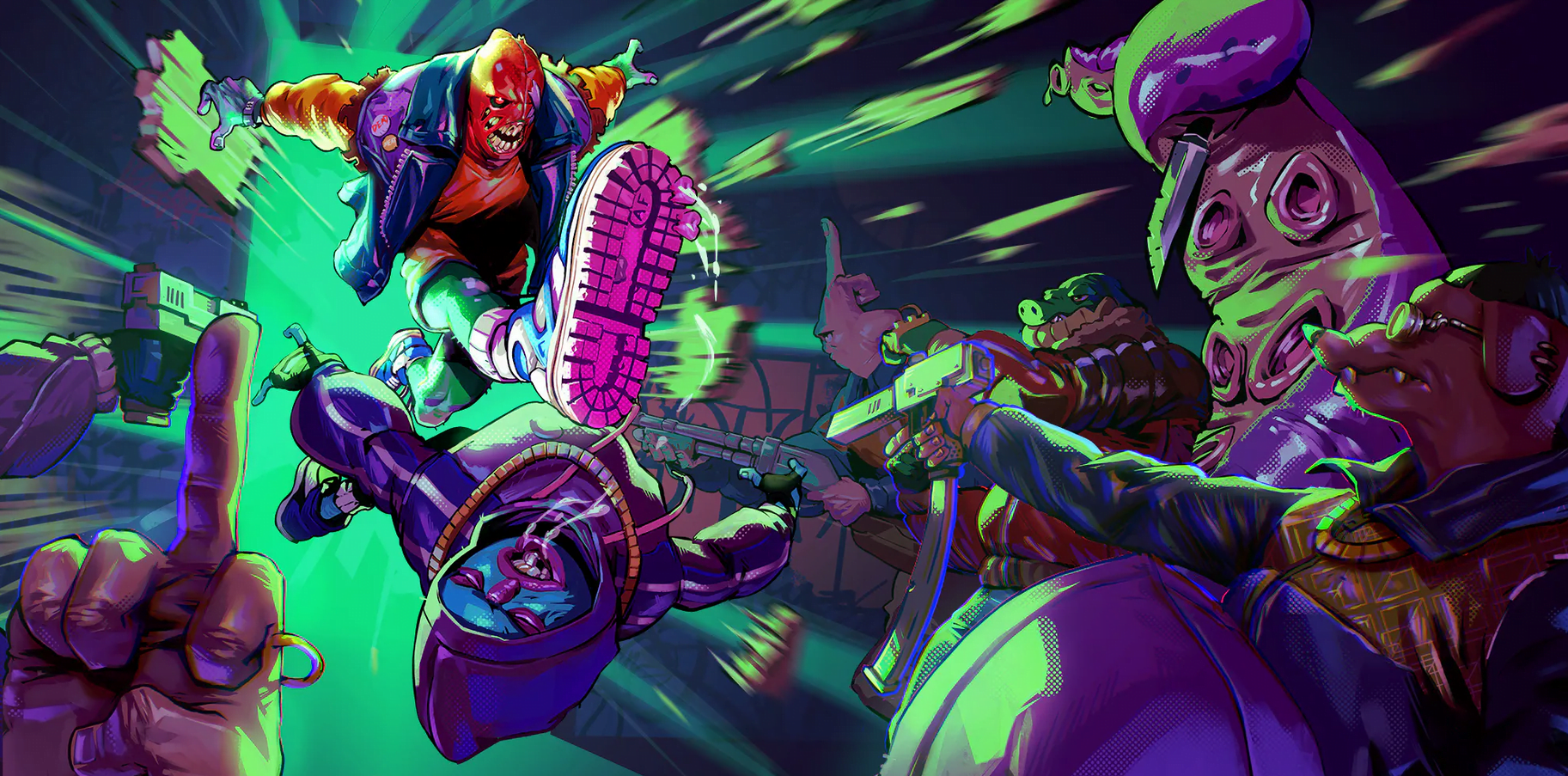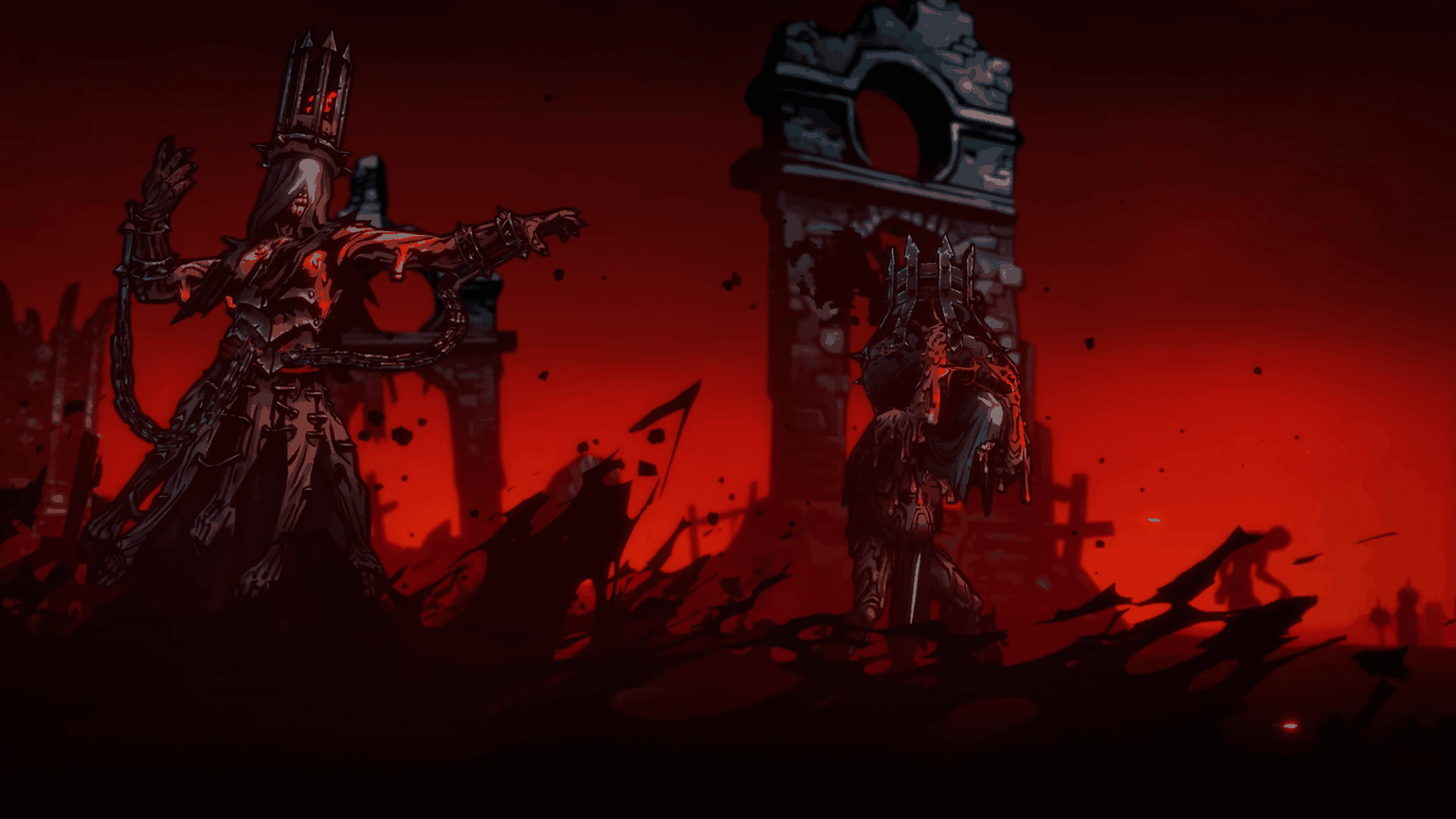Massively multiplayer online games have been around for quite a while, but their influence on single player focused games has only started becoming obvious over the last few years. For better or for worse, the borrowing of MMO elements in what otherwise would be a standard, scripted experience has seen its share of the sunlight within pretty big releases in 2014.
Bioware’s third instalment in the Dragon Age series is the latest of these games that like to pretend they’re huge, but ultimately only make it that much more obvious that it isn’t. For as many huge open maps that there are to run around in Dragon Age Inquisition, the quality of content just doesn’t cut it, and what at first seems like a gigantic game that any RPG nut would be nuts not to dive into and devour every little bit of it, quickly turns sour in a race to get the end over and done with.
 But let’s not get ahead of ourselves and consider Inquisition a flop. It is anything but. As a Dragon Age game, it delivers the story clicks and character intrigue you would come to expect from Bioware. It’s a continuation within the world that was first established in Dragon Age: Origins; a world that’s violent, bloody and ridiculously rich in fantasy lore. If you are a fan of the franchise and have been following it since the get go, you’ll be happy to hear that the story picks up only a few years after the events of Dragon Age II, ushering in returning characters based on your decisions in the previous two games, through the use of a special website that prepares the backdrop to your game before you start it.
But let’s not get ahead of ourselves and consider Inquisition a flop. It is anything but. As a Dragon Age game, it delivers the story clicks and character intrigue you would come to expect from Bioware. It’s a continuation within the world that was first established in Dragon Age: Origins; a world that’s violent, bloody and ridiculously rich in fantasy lore. If you are a fan of the franchise and have been following it since the get go, you’ll be happy to hear that the story picks up only a few years after the events of Dragon Age II, ushering in returning characters based on your decisions in the previous two games, through the use of a special website that prepares the backdrop to your game before you start it.
If you’re like me and totally missed playing Inquisition’s gargantuan predecessors because you were busy playing Mass Effect, it’s quite easy to land face first in the chaotic storyline that the game sets out to tell. Mages and paladins are at odds again in Thedas after a peace summit went awry thanks to an explosion that not only killed practically everyone attending, but also the world’s spiritual leader. And that’s where your character comes in, after mysteriously surviving that event. You’re quickly put forth to questioning by the newly formed Inquisition, who’s after answers that you can’t possibly provide.
A game spent in jail wouldn’t be exciting at all and quickly enough, you’re set loose upon the world. You’re the only means of closing portals that are bringing in demons from the underworld into Thedas – all thanks to that explosion I mentioned earlier – it’s also up to you to take care of everything else within Dragon Age Inquisition. And I mean everything. Quests upon quests. “Oh, we know you’re busy saving the world, but could you find my lost cow?”
Yes, there’s a quest to find farm animals early on in your adventure, among many others that feel extremely pointless and padded throughout the game. Granted, apart from the boring fetch missions there are some well written and fun things to partake in, but for the majority of Inquisition, you’re basically playing the most basic of MMO quest design – find X number of this, kill Y of that, and hey, grab some flowers on the way.
The MMO template rears its ugly head within Inquisition’s character development system, most noticeably in crafting. Everything that can be made uses materials that are tied to the dreaded random number generator, requiring tons of grinding. While farming and grinding aren’t exclusive to MMOs, the way in which they’re implemented in this game is very poor, given how sprinkled these materials are placed within the sparse world maps and their ridiculous requirements. Thankfully, acquiring new gear isn’t completely tied to knitting your own, and most of the best stuff comes from drops that come from the strongest of enemies.
 It’s a good thing that there’s reward to combating foes, because Dragon Age Inquisition’s combat is very fun to take part in. Early on, sure, it’s very boring, mostly because you’re only open to a couple of attack options to dabble with, but after a few levels in, no matter what class you decide to go with, among the three base choices – rogue, warrior and mage – the diversity of options opens up, giving you room to combine powers with your three teammates, resulting in devastating attacks. On consoles, these powers are mapped to triggers and face buttons, easily mapped to your liking. Not all abilities can be triggered at once due to cooldowns, mana or the power measure of your class, so a smart mix of spells goes a long way within a fight.
It’s a good thing that there’s reward to combating foes, because Dragon Age Inquisition’s combat is very fun to take part in. Early on, sure, it’s very boring, mostly because you’re only open to a couple of attack options to dabble with, but after a few levels in, no matter what class you decide to go with, among the three base choices – rogue, warrior and mage – the diversity of options opens up, giving you room to combine powers with your three teammates, resulting in devastating attacks. On consoles, these powers are mapped to triggers and face buttons, easily mapped to your liking. Not all abilities can be triggered at once due to cooldowns, mana or the power measure of your class, so a smart mix of spells goes a long way within a fight.
For as streamlined as the combat is if you decide to go at it directly, which is how I played the game 90% of the time, the deep nature of the previous games, rooted in Bioware’s tactical Dungeons and Dragons expertise is still somewhat there in Inquisition, allowing you to pause the game and take your time picking targets and abilities within your team. Personally, I rarely made use of the tactical view, but it’s a welcome sight whenever the A.I decides to go mental, even when you program it otherwise. Through something very similar to Final Fantasy XII’s gambit system, your options can be toggled in regards to many aspects of your computer controlled teammates, giving a lot of head room to turn your team into your team, the way you want them to play.
That makes it extremely annoying to consider how much the content quality varies in a game that is otherwise begging to be played for more hours than it actually offers content for. The fluff that you’re thrust into within the quest structure of the game is absurd, especially given how dependent the story advancement is. Story missions are hidden behind the influence your inquisition is exerting in the world, a value that’s measured as an extra experience bar that goes up the more missions you partake in. On one hand this forces you to go through the mostly boring content within the game, but what’s worse is it makes you wait even more if you decide to delve in to the war table.
The war table is where your Inquisition buddies gather around and offer you computer controlled missions to send up to three agents in. These are mostly supposed to offer an extra layer of story early on, expansions to mini conflicts you deal with during exploration, opening up new paths here and there, or simply to give you a closing that wasn’t presented at first. These would be totally okay to deal with if not for the timer that’s tied to their completion, one that ranges from manageable amounts of time, like half an hour, to up to 8 hours long. These longer wait times are less likely to show up, but they still do. In the end, these timed missions don’t really go anywhere satisfactory, and like the playable content, mostly feel like obstacles in your way from story beat to story beat.
Among the pantheon of Bioware games over the years, it’s easy to fault Dragon Age Inquisition as a victim of outside design influences, something that also happened to the Mass Effect games, which started out more like RPGs but scurried along the lines of action shooting later on. There’s a lot to compliment MMOs for, but the hooks that Bioware chose to drag Inquisition down over that mentality is just too much to bear as someone who has spent their share of time within that genre.
It’s a big shame that Dragon Age Inquisition’s developers decided to take the game over that road because what lies under all the unnecessary garbage is extremely well thought out, smartly written and just fun to see played out under such high production values. For as big of a game Inquisition sets out to be, it just feels extremely barren content quality wise.






